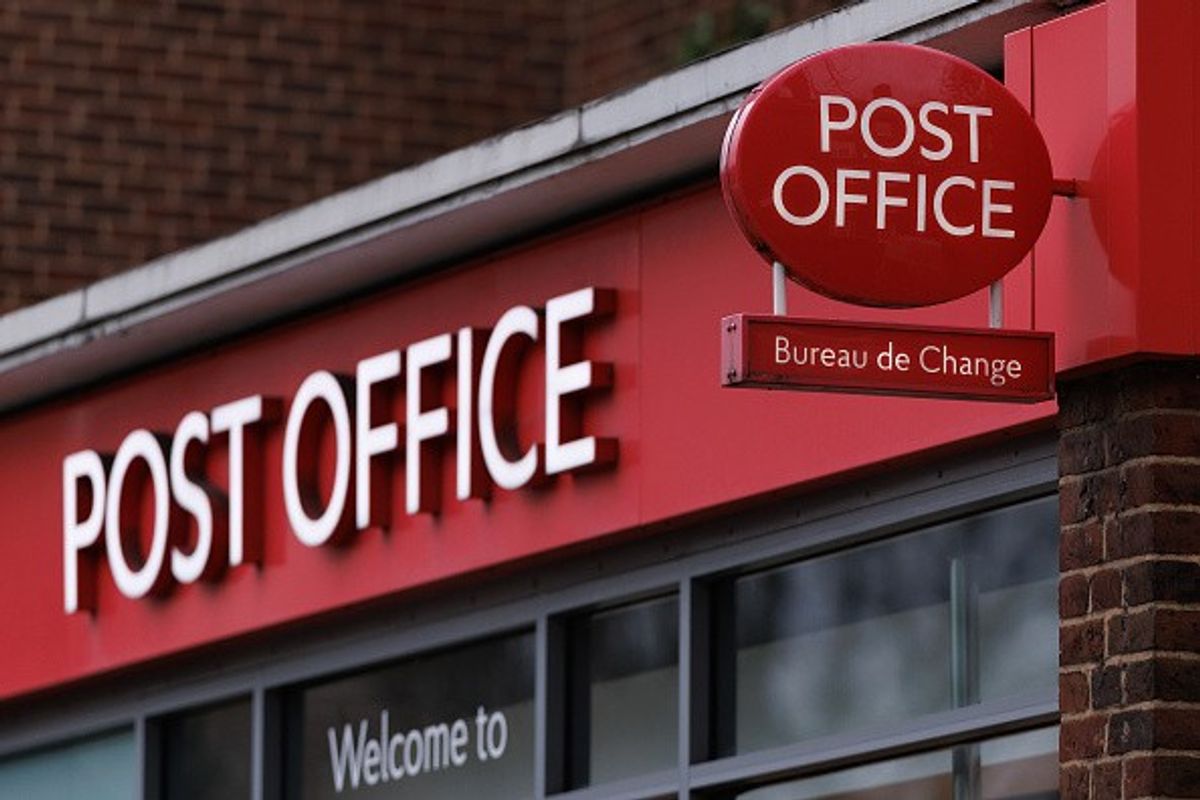Post Office should be compensating children of sub-postmasters, thereby helping them rebuild ruined lives, son of a wrongly-convicted sub-postmaster has said.
Varchasanraj V Patel, also known as Varchas Patel, has called on Post Office to compensate the children of the wrongly-convicted sub-postmasters as well as since their lives were also ruined along with the parents, either in terms of education, societal abuse and even loss of family.
Varchas' father Vipin Patel was wrongfully prosecuted for shortfalls at his branch in excess of £75,000 from 2010 to 2011. The family still runs a convenience store in Oxfordshire at the same site while Varchas helps after work and on weekends. The Post Office branch is now closed.
Since the family's finances took a hit, Varchas could not keep up with his higher education. Poster of "Wanted Dead or Alive" was stuck on the family's store, while he was targeted multiple times by the residents of the area.
Writing on a social media platform, Varchas said, "I speak much about the harm on my father over recent months though I believe it is important to share that the same harm, which was inflicted to our parents, some of us as children of Sub-Postmasters had to endure and live through (excluding accusation and prosecution by Post Office).
"When a parent is branded a criminal by Post Office and their local community, in my view it is not remote for us children to not have suffered – I for one was targeted by some residents when my father was labelled a ‘Post Office swindler’ after wrongful prosecution by the local paper, then some of the residents took matters into their own hands by constantly telling me my father is a criminal and he should leave the village, on two occasions using abusive language.
"There is also a matter whereby when a parent is branded a criminal by Post Office and negative headlines in local press follow, naturally just like our parent’s we children lost friends and family relationships.
"As children of Sub-Postmasters we have also lost chances, be it either a degree, finances or in some cases lost their families as a result of wrongful accusations towards our parents – time is not something that we can regain, horrible memories for example in my case whereby locals were nasty will remain embedded forever, and I am sure many of us (children) have been compelled to help our parents when they were on the brink of financial ruin or financially ruined by Post Office – I know I did.
"Now I am sure a few of my friends (former colleagues) will realise why I worked six days a week for around eight years – those years of my life mostly in my twenties I will never get back.
"Post Office should be compensating children of Sub-Postmasters and helping them rebuild ruined lives for the harm that we had to endure as a result of Post Office’s barbaric actions towards our parents."
The children of many victims of the Post Office scandal, under "Lost Chances for the Children of Sub-postmasters", are seeking compensation for the impact their parents' wrongful convictions and financial ruin had on their lives.
The group is led by Katie Downey, whose family fled to France after her father Tony was made bankrupt in the scandal.


